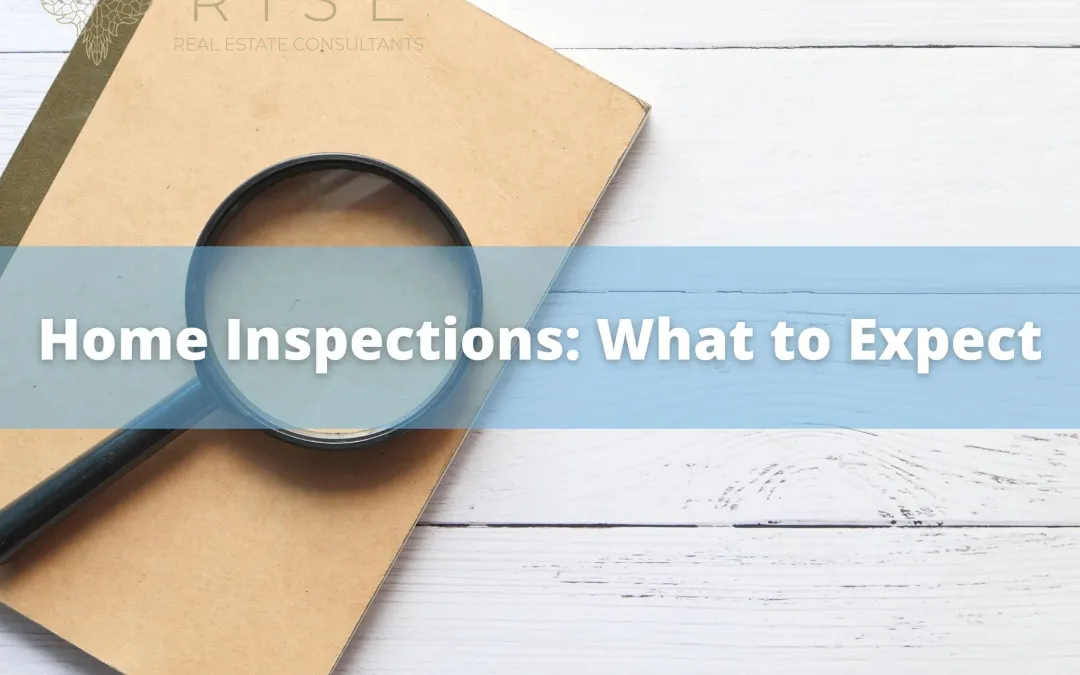
Winter Wonderland: A Guide to Winterizing Your Home for the Coziest Season Yet
As the temperature drops and snowflakes start to fall, it’s time to transform your home into a cozy winter haven.

Home Inspections: What to Expect
Congratulations! You’ve gotten your property under contract, or as a buyer, your offer was accepted. The next step is a home inspection to ensure that everything is safe and in good working order. This handy blog will give you an idea of what inspectors are looking for, and why they are important.
Foundations & Structure
It goes without saying, but foundations need to be in adequate condition to pass inspection, particularly since they are subjected to seasonal differences (in the winter, for example, frozen ground expands and puts pressure on the foundations). Inspectors will look for:
Electrical
Given the potential fire hazards with electrical systems, inspectors will look very closely at all things electric, including:
Plumbing
Water stops at nothing, just ask the Grand Canyon. Houses can also fall victim to the relentless nature of H2O, and often plumbing problems are only found once they’ve become a problem. Inspectors will be looking for and checking:
Heating and Cooling Systems
With the range of temperatures experienced in New England, it is important that a property is climate controlled through the year. An inspection will check:
Insulation and Ventilation
How much of either is too much? Much like a person , a house must breathe! Proper ventilation will help prevent mold growth. It must also have adequate insulation to keep your energy costs affordable.
Appliances
Ovens, ranges, dishwashers, and washers/dryers all fall under the category of appliances.
Is this information overwhelming? Are you curious about what happens next? Give us a call or shoot us a text. One of our professional Real Estate Agents can explain how they help their clients and how they can help you through this part of the process!

As the temperature drops and snowflakes start to fall, it’s time to transform your home into a cozy winter haven.

As the days grow shorter and a crisp chill settles in the air, hearts around the world start to beat